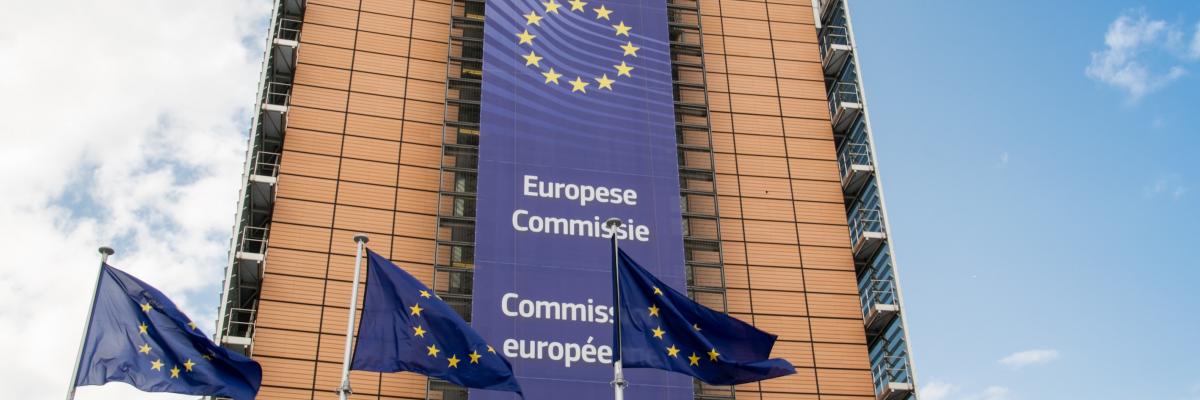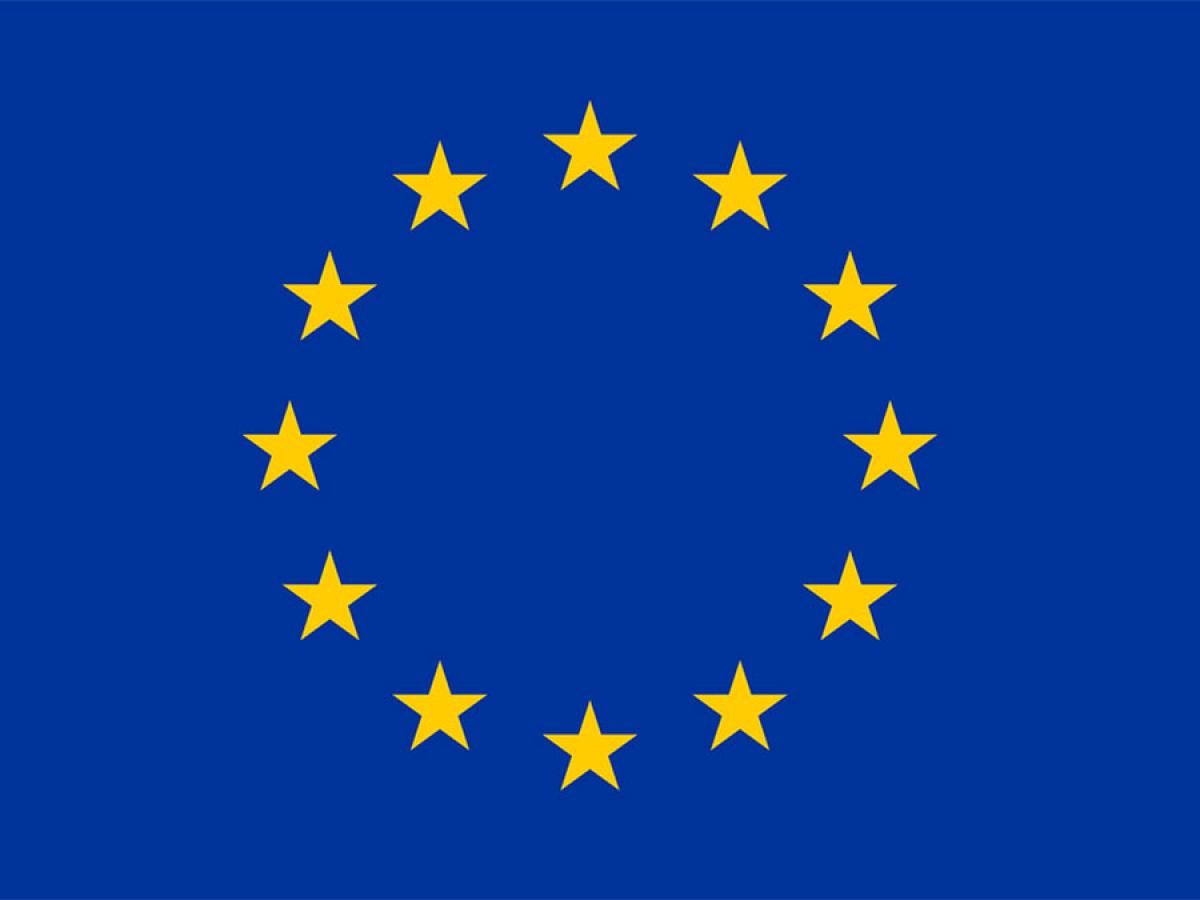Why Australia fails to understand the EU

Australian visions of the European Union often appear simplistic. In one vision, an over-powerful unelected bureaucracy in Brussels runs policies, especially in agriculture, that harm Australia. In another vision, the EU is a weak federation still dominated by the large member countries.
The muddled thinking is to a large extent due to reliance on reports from London for coverage of EU matters. In my recent book, The Economic Integration of Europe, I argue that the process of European economic integration has gone through periods of reform and periods of apparent gridlock, but with substantial cumulative change over the last 75 years. At each major step in European economic integration, the UK hesitated or followed a false trail. Australians too easily followed this saga from the UK side, despite the greater economic significance of trade and investment flows with the 27-member EU.
European economic integration has been an instrument for preventing renewed war in Europe. The project has been successful. In the 75 years up to 1945, Europe suffered three increasingly devastating Franco-German wars. In the 75 years after 1945, ongoing economic integration has promoted peaceful coexistence. Key mileposts have been the 1957 Rome Treaty establishing a customs union, the 1993 Maastricht Treaty formalizing the single market for goods, services, labour, and capital and setting a timeframe for creation of the euro, and the 2007 Lisbon Treaty setting out decision rules for a 27-member EU.
The purpose and nature of European economic integration has been viewed differently in England. For London, economic integration was about obtaining economic benefits, and avoiding ceding too much sovereignty. At each major stage, the UK was either reluctant to participate or pushing its own priorities.
Taking its lead from London, Australian views of European integration moved from lukewarm acceptance in the early 1960s to dislike of the agricultural policy that hurt Australian exports. The EU also had its grudges, such as high tariffs that kept European cars, clothes, and food out of the Australian market, but Australia was of less economic significance to the EU. Causes for dispute should have subsided in the 21st century after Australian trade policy and EU agricultural policy had been reformed, and farm exports had become a minor part of the Australian economy (1.9% of GDP and 2.6% of employment in 2019–20) and of foreign trade (11% of goods and services exports in 2019–20).
However, Australian views of the EU have changed more slowly than events. There has been little interest in the evolution of the EU, as Australia’s trade shifted from Europe to Asia. The information gap was fed by reliance on London media resources. The only Australian news bureau in Brussels closed down in 2003. After that, the Australian press reprinted articles from the UK press or London-based reporters, both of which were heavily infused with a transactional view of the EU and dominated by Euroscepticism.
Today’s EU is very different from the customs union that formed in the 1960s. The integration process has not been without its dangers. Three crises in the 2010s were unanticipated results of deeper and wider integration: the euro/Greek financial crises, the refugee crisis, and Brexit. By 2020, all three had been resolved, imperfectly but sufficiently to remove the label “crisis”. The EU is making cautious moves towards deeper integration through fiscal policy coordination, a stronger European Central Bank, a better funded frontier service (Frontex), and other measures. In the 2020s, the Commission has staked out an EU commitment to a Green Europe.
Some voices in Australian government have tried to promote reassessment. Foreign Minister Downer in 2002 stated that “we need to see Europe through a new prism, not just through the United Kingdom”. In the subsequent Labor Government, Ambassador Brendan Nelson noted the negative influence of the British media and that the EU “is not about to split apart and that is a good thing”.
The 2013 election campaign, with the victorious Coalition government promising to repeal the emissions trading scheme, stacking up inevitable future conflict with the EU, was a low point. Tony Abbott, soon to be Prime Minister, criticized his opponent Kevin Rudd by sarcastically dissing the EU:
“If you were looking around the world to people who you would like to subcontract out an important element of Australian economic policy, who would you choose? Never mind the Gnomes of Zurich, never mind the bankers of Wall Street. Oh no, he has gone to the bureaucrats of Brussels. The people who have been so good at managing the economies of Europe over the last few years.”
Eight years later, as the world moves towards carbon-pricing with border adjustment measures, Australian international isolation on climate matters is underpinned by the belief that a carbon tax is electoral suicide.
In 2015-18, under Malcolm Turnbull, Australia-EU relations began to warm. The clearest sign of better relations was the start of negotiations for a deep EU-Australia trade agreement in 2017. Negotiations should have been plain sailing given the similar economic views of the two parties, although they would be lengthy because a legal document covering two dozen areas needs detailed agreement followed by careful drafting.
Brexit was initially a minor disruption. The EU agreement could proceed, and a separate agreement with the UK could be negotiated after Brexit was completed in January 2020. However, in 2020 and 2021 signs were less positive under Scott Morrison, whose lack of enthusiasm on climate policies put Australia at odds with the EU’s commitment to Green Europe. This was reinforced by Morrison’s obvious affinity with British PM Boris Johnson and lack of rapport with European leaders. The debacle over the French submarine contract was the coup de grace. In December 2021 Australia signed a trade agreement with the UK whose structure mimics that of the under-negotiation Australia-EU agreement, but the latter is in limbo due to poor political relations.
The EU is Australia's second largest trading partner and second largest source of foreign investment. However, Australian governments, media and much of the population are unaware of the nature of the EU as an evolving institution headed towards deeper economic and political integration and with a long-established common trade policy. Australian views have been determined by European agricultural policies of the last century and by English misunderstanding of the European integration project. They are a poor basis for relations with the EU in the 2020s.
Richard Pomfret held the Jean Monnet Chair in the Economics of European Integration at the Institute for International Trade, 2017-2020. He is Professor of Economics Emeritus at the University of Adelaide, and Adjunct Professor of International Economics at Johns Hopkins School of Advanced International Studies in Bologna, Italy.
The views expressed here are the authors, and may not necessarily represent the views of the Institute for International Trade.
Photo by Ernesto Velázquez on Unsplash
The European Commission's support for the production of this publication does not constitute an endorsement of the contents, which reflect the views only of the authors, and the Commission cannot be held responsible for any use which may be made of the information contained therein.

With the support of the Erasmus+ Programme of the European Union
This work is licensed under Commons Attribution-NonCommercial-NoDerivatives 4.0 International License.
IIT is a global leader in researching, analysing and commenting on International Trade.
Stay informed about our up-and-coming seminars, events, publications, awards, new projects and collaborations, and other exciting news.
